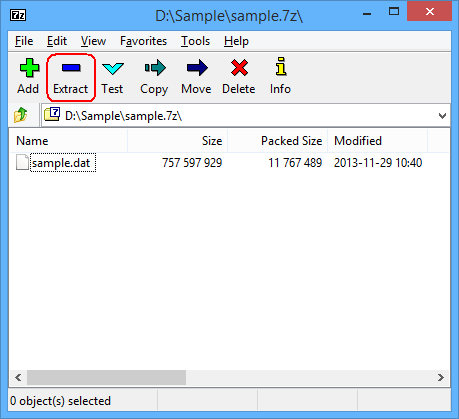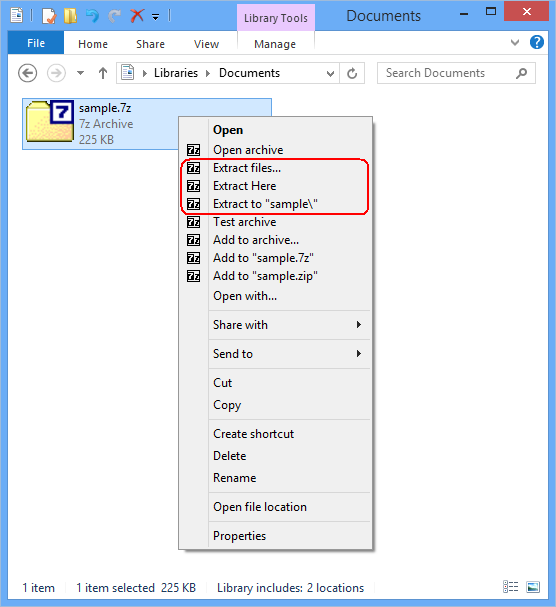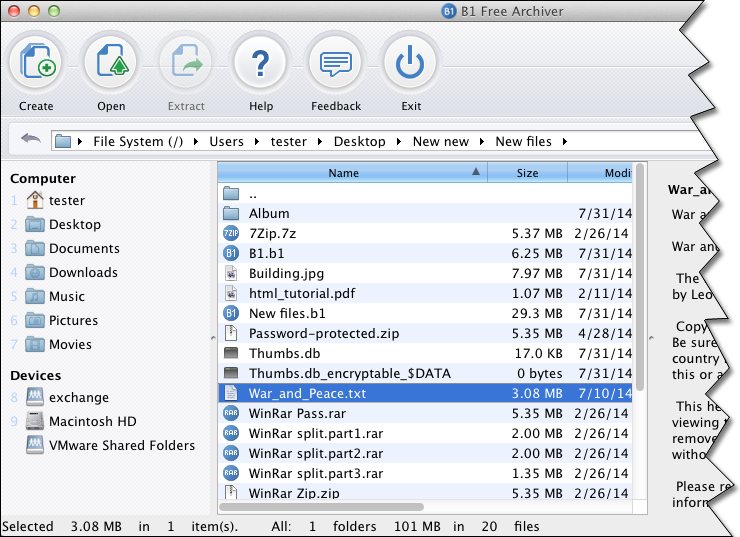Open/Extract RPM File with Freeware on Windows/Mac/LinuxRPM originally stands for Red Hat Package Manager. Nnow, RPM is a package management system. The name RPM variously refers to the .rpm file format, files in this format, software packaged in such files, and the package manager itself. RPM was intended primarily for Linux distributions; the file format is the baseline package format of the Linux Standard Base. RPM is distributed under the terms of the GPL. Even though it was created for use in Red Hat Linux, RPM is now used in many GNU/Linux distributions. It has also been ported to some other operating systems, such as Novell NetWare (as of version 6.5 SP3) and IBM's AIX (as of version 4). An RPM package can contain an arbitrary set of files. The larger part of RPM files encountered are "binary RPMs" (or BRPMs) containing the compiled version of some software. RPM files however may also contain the source code, then called "source RPMs" (or SRPMs) used to produce a package. SRPMs have an appropriate tag in the file header that distinguishes them from normal (B)RPMs, causing them to be extracted to /usr/src on installation. SRPMs also customarily carry the file extension ".src.rpm" (.spm on file systems limited to 3 extension characters, i.e. old DOS FAT).
The format is binary and consists of four sections:
Open/Extract RPM File on WindowsEasy 7-Zip opens/extracts RPM file easily on Windows. The Easy 7-Zip was developed based on 7-Zip. 7-Zip is a famous open source file archiver. The Easy 7-Zip is an easy-to-use version of 7-Zip. The open source freeware keeps all features of 7-Zip and adds a few useful features that makes the software more user-friendly. Easy 7-Zip works on Windows 10/8.1/8/7/Vista/2008/2003/XP/2000 (both 32-bit and 64-bit compatible).
 You will see files or folders within the RPM file then, click button Extract to extract the RPM file.  And then, choose Extract files..., Extract Here, or Extract to "folder\" to extract the RPM file.
Easy 7-Zip Download Links:
You can try other alternative freeware that opens/extracts RPM file on Windows. For example:
Open/Extract RPM File on MacB1 Free Archiver opens/extracts RPM file on Mac. B1 Free Archiver is a free software for creating archive folder and extracting archive file. B1 Archiver works on all platforms - Windows, Linux, Mac and Android. The freeware supports most popular formats including RPM. B1 Free Archiver is compatible with:
Alternative freeware that opens/extracts RPM file on Mac.
Open/Extract RPM File on LinuxRPM (RPM Package Manager) is a popular utility for installing software on Unix-like systems, particularly Red Hat Linux. Install RPM package on Linux, type:
Upgrade RPM File, type:
Remove (Erase) RPM package, type:
List all installed packages, type:
To extract a RPM package files without installing it, you need to install rpm2cpio. rpm2cpio extracts cpio archive from RPM Package Manager (RPM) package. Install rpm2cpio on CentOS and Fedora
Install rpm2cpio on Debian and Ubuntu
Extract RPM file on Linux
cpio arguments:
List files in RPM package:
Tips: on Debian or Ubuntu, you can convert RPM to DEB package with alien, and process DEB package with dpkg; or process RPM file directly using smart.
Copyright © 2013-2017 James Hoo All rights reserved. |
